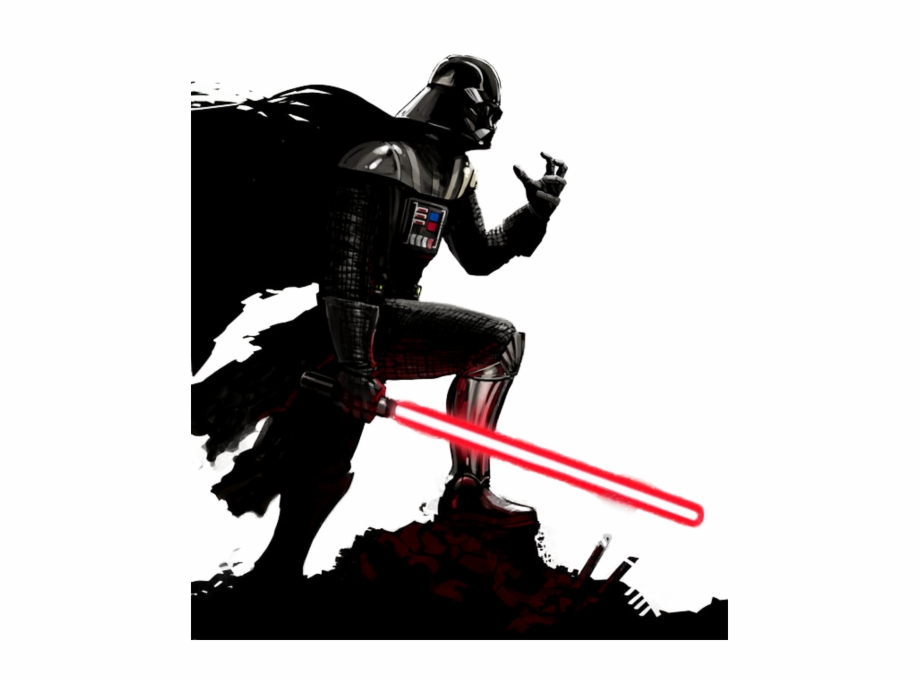"Darth Vader I am your father" quote: A cultural phenomenon
Have you ever felt a seismic shift in your understanding of the world, a moment where everything you thought you knew was thrown into question? In the realm of cinematic history, few lines have had the impact of "No, I am your father," uttered by the menacing Darth Vader to a shocked Luke Skywalker in "Star Wars: Episode V – The Empire Strikes Back."
This one sentence, delivered with chilling calmness by the masked villain, became an instant cultural touchstone, echoing far beyond the reaches of science fiction fandom. It forced audiences to confront uncomfortable truths, to question their perceptions of good and evil, and to grapple with the complex dynamics of family ties. The revelation, delivered amidst the smoky haze of a lightsaber duel on a seemingly insignificant platform in Cloud City, became a pivotal moment not just for the characters, but for the audience as well.
This wasn't just a plot twist; it was a gut punch, a visceral experience that transcended language barriers and resonated across generations. The impact of "No, I am your father" wasn't confined to movie theaters. It infiltrated everyday conversations, becoming a cultural shorthand for shocking revelations and unexpected plot twists.
But why has this particular line endured, becoming one of the most quoted and parodied in cinematic history? What is it about these six words that continue to captivate and intrigue us, even decades later? The answer lies in the complex tapestry of emotions the quote evokes: fear, surprise, betrayal, and perhaps most importantly, the timeless struggle between accepting a pre-destined path and forging one's own destiny.
"No, I am your father" isn't just a line from a movie; it's a cultural phenomenon that reflects our deepest anxieties and aspirations. It reminds us that truth can be stranger than fiction, that heroes and villains are often two sides of the same coin, and that the bonds of family can be both a source of strength and a wellspring of conflict. This is the power of a single, well-crafted sentence, a testament to the enduring legacy of "Star Wars" and its ability to spark our collective imagination.
While the line is instantly recognizable, it's often misquoted as "Luke, I am your father," further demonstrating its cultural permeation. The misquote itself speaks to the human tendency to personalize narratives, to insert ourselves into stories that resonate with our own experiences.
Advantages and Disadvantages of Using the Quote
| Advantages | Disadvantages |
|---|---|
| Instantly recognizable, evoking a shared cultural experience. | Can be seen as cliché or overused. |
| Conveys a sense of drama and intrigue. | Might not be understood by those unfamiliar with Star Wars. |
| Opens up discussions about family, identity, and destiny. | Can trivialize the complex themes it represents if used flippantly. |
Whether you're a die-hard "Star Wars" fan or simply appreciate the power of impactful storytelling, there's no denying the cultural significance of "No, I am your father." It's a quote that continues to spark debate, inspire creativity, and remind us of the enduring power of cinema to shape our understanding of the world and ourselves.
Unlocking swedish your guide to swedish english dictionaries and google translate
Gm 36 engine decoding the drama
Unlocking electronics understanding electronic symbols














